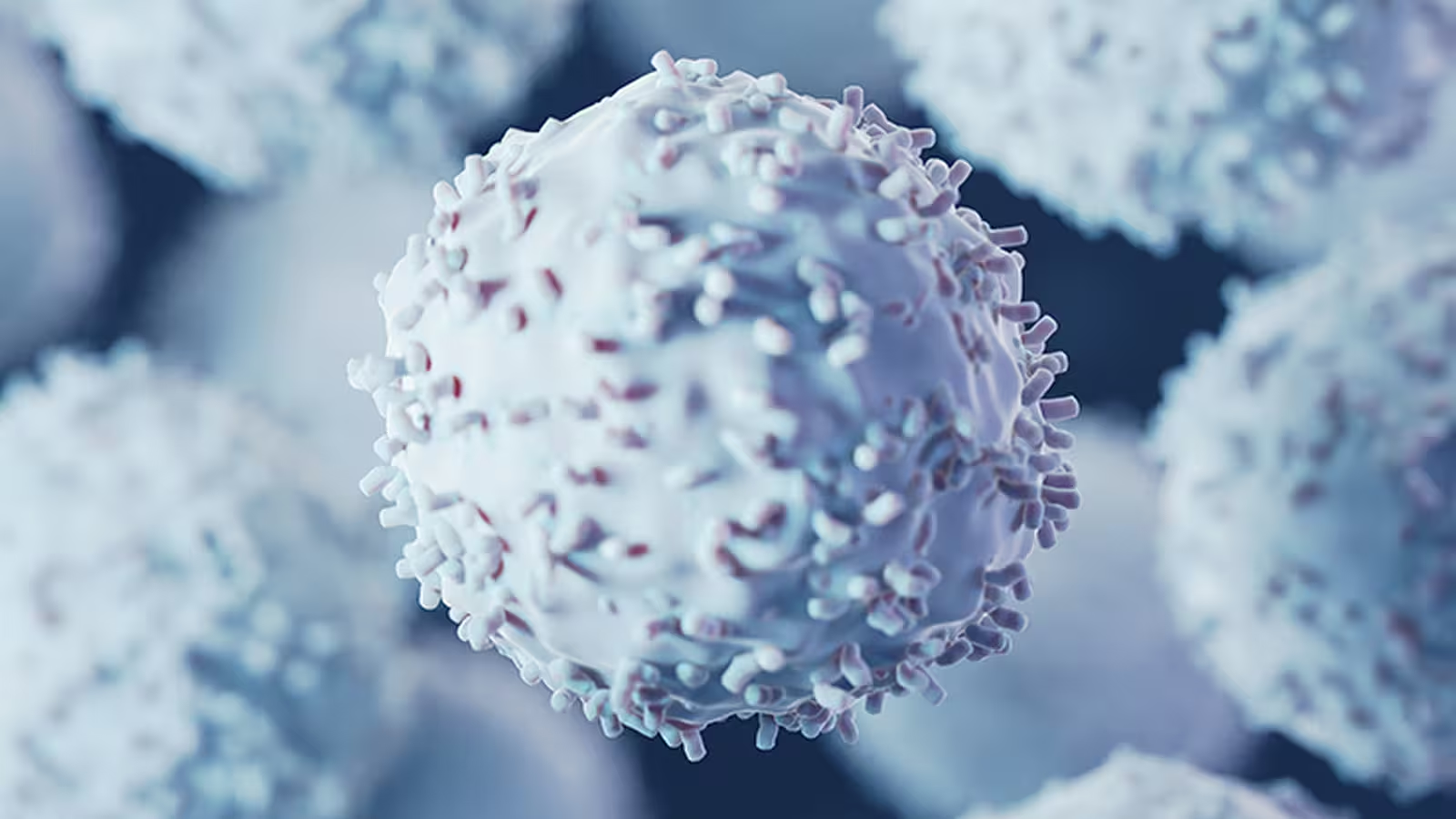3 Minutes
Breakthrough in Stomach Cancer Treatment: Clinical Trial Results
A phase 2 clinical trial has demonstrated that an experimental CAR T-cell immunotherapy significantly boosted survival rates for patients facing some of the most challenging forms of stomach cancer. The therapy, known as satricabtagene autoleucel or "satri-cel," was shown to help patients live on average 40% longer compared to standard treatments.
Scientific Background: Harnessing the Immune System Against Cancer
CAR T-cell therapy is a promising form of immunotherapy that modifies a patient's own T cells—an essential part of the immune system—so they can more effectively identify and attack cancer cells. In the case of satri-cel, these engineered cells are trained to specifically target the CLDN18.2 protein, which is expressed on the surface of certain stomach and gastroesophageal tumors and enables their growth and survival. Once these optimized cells are reintroduced to the patient's bloodstream, they actively seek and destroy malignant cells, boosting the body's natural defenses.
Details of the Clinical Trial and Key Findings
The multi-center clinical trial, conducted by a consortium of Chinese research institutions, recruited 156 patients with either advanced gastric cancer or gastroesophageal junction cancer. All participants had previously experienced failure with at least two standard therapies, highlighting the urgent need for new options in this hard-to-treat population.
Oncologist Dr. Lin Shen of Beijing, who led the trial, highlighted the significant strides made by this approach: "In patients with heavily pretreated, advanced gastric or gastroesophageal junction cancer who have extremely limited treatment options and poor prognosis, satri-cel has demonstrated breakthrough efficacy, yielding marked improvements in progression-free survival, overall survival, and tumor response rates."
Satri-cel recipients lived a median of 7.92 months after treatment, compared to 5.49 months in the control group. Notably, 22% of those receiving satri-cel experienced substantial tumor shrinkage, versus only 4% in those given standard care. The therapy also extended the time before disease progression to 3.25 months—almost double that of the control group (1.77 months).

Potential Risks and Future Prospects for Immunotherapy
While satri-cel offers new hope, it isn't without side effects. Most patients experienced notable side effects, such as drops in blood cell counts, but investigators emphasize these reactions remained manageable within the clinical setting.
CAR T-cell therapy has already revolutionized the treatment of blood cancers, such as leukemia and lymphoma. Now, its effectiveness is increasingly evident against solid tumors, including those of the brain, pancreas, and gastrointestinal tract. These advances reflect the rapid progress in cancer immunotherapy technologies, providing new tools to control tumor growth and, in some cases, reverse cancer cell development.
However, experts caution that such therapies do not yet represent a definitive cure. Rather, they broaden the spectrum of options for managing aggressive cancers and illustrate the potential for even more powerful treatments in future research.
"We are now exploring satri-cel's use in earlier disease stages and as part of first-line therapies," adds Dr. Shen. "Our goal is to intervene sooner, further improve survival outcomes, and ultimately pursue curative strategies."
Conclusion
The successful results of the satri-cel clinical trial mark a pivotal step forward in stomach cancer treatment, particularly for patients with advanced, treatment-resistant disease. By leveraging the latest advancements in CAR T-cell immunotherapy, researchers are forging new pathways for extending survival and improving quality of life. Though challenges such as side effects remain, these findings underscore the expanding arsenal of targeted therapies available to cancer patients worldwide and the hope they bring for eventual cures.
Source: doi



Comments